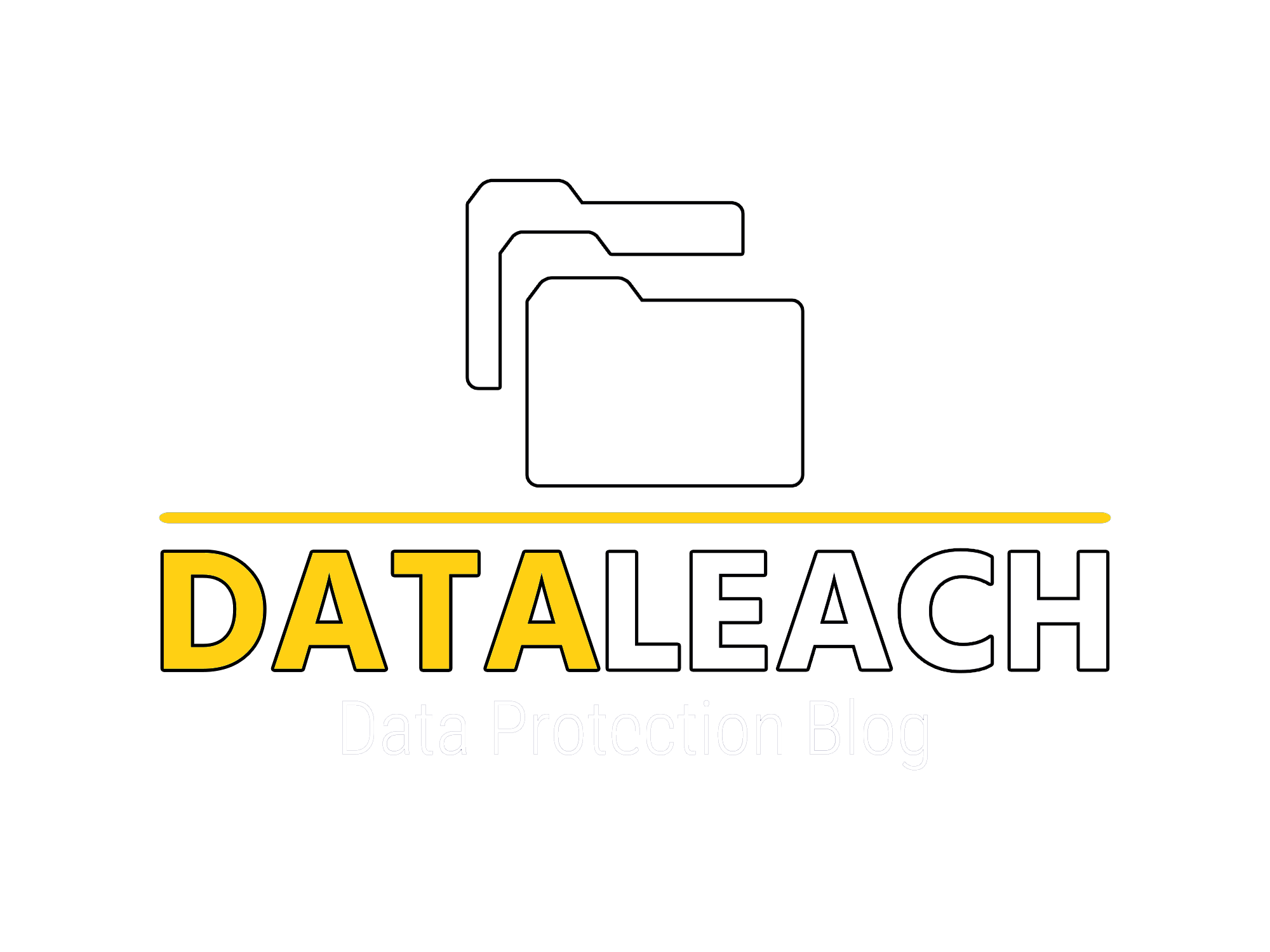In today’s unpredictable and volatile digital world, the importance of reliable data protection methods is increasingly paramount. Artificial Intelligence (AI) plays a key role in this evolution, particularly in automating data backup and recovery processes.
The Digital Transformation Era and the Importance of Data
With each passing year, the volume of data generated by companies and individual users grows exponentially. This means that data loss can have more serious consequences than ever before. In this context, effective data backup and recovery become critically important for uninterrupted business operations.
Artificial Intelligence in Data Backup
AI is transforming traditional data backup methods, making them more intelligent, automated, and efficient. AI-driven systems can analyze large volumes of data, predict potential failures, and automatically back up the most important data.
Automatic Data Prioritization
AI can determine which data is most valuable or frequently used and prioritize it for backup. This increases storage efficiency and reduces the time needed for important data recovery.
Predicting and Preventing Failures
AI-based systems can analyze usage patterns and equipment operations to predict potential failures. This allows taking preventive measures to minimize data loss risk and reduce the likelihood of unexpected downtimes.
Improving Recovery Processes
AI not only provides more efficient backup but also improves recovery processes. AI-based systems can quickly restore data, optimizing the process of finding and retrieving the needed information.
Benefits of Using AI in Data Backup
Using AI in data backup offers several advantages, including increased reliability, reduced data recovery time, and minimized risk of human error.
Enhanced Reliability and Accuracy
AI systems can accurately determine when and what data needs to be backed up, reducing the likelihood of missing important information. This increases the overall reliability of the backup process.
Resource Optimization and Cost Reduction
AI can help reduce storage costs by optimizing resource use. Automatic backup and smart data management allow for efficient use of available space, lowering overall operational costs.
Improved Risk Management
Using AI to automate backup processes helps reduce human errors and improve data recovery accuracy. AI-driven systems can quickly respond to changes and adapt to new threats, significantly enhancing data security.
Challenges and Future Prospects
While the application of AI in data backup opens new possibilities, it also presents certain requirements and challenges.
Need for Skilled Professionals
Effective use of AI requires skilled professionals capable of configuring and servicing these systems. Training and skill development of employees are key factors for successful AI integration in backup processes.
Data Protection and Privacy
With increased automation comes the need for data security. Protecting confidential information and complying with regulatory requirements are important aspects of using AI in data backup.
Continuous Updating and Adaptation
AI technologies are constantly evolving, and backup systems need to be regularly updated and adapted to new conditions and threats. This requires ongoing attention and investment in technological upgrades.
Conclusion
The advent of AI-driven automated backup systems marks a significant transformation in data recovery practices. These systems not only streamline and speed up the recovery process but also enhance its overall efficacy and reliability. As the landscape of data management continues to advance, these AI-infused solutions are set to become more integral in safeguarding and efficiently managing data assets. The future of data recovery, influenced by continuous AI advancements, is poised to bring about even more sophisticated, automated, and secure data handling techniques, reflecting a dynamic shift towards more resilient and intelligent data management strategies.

